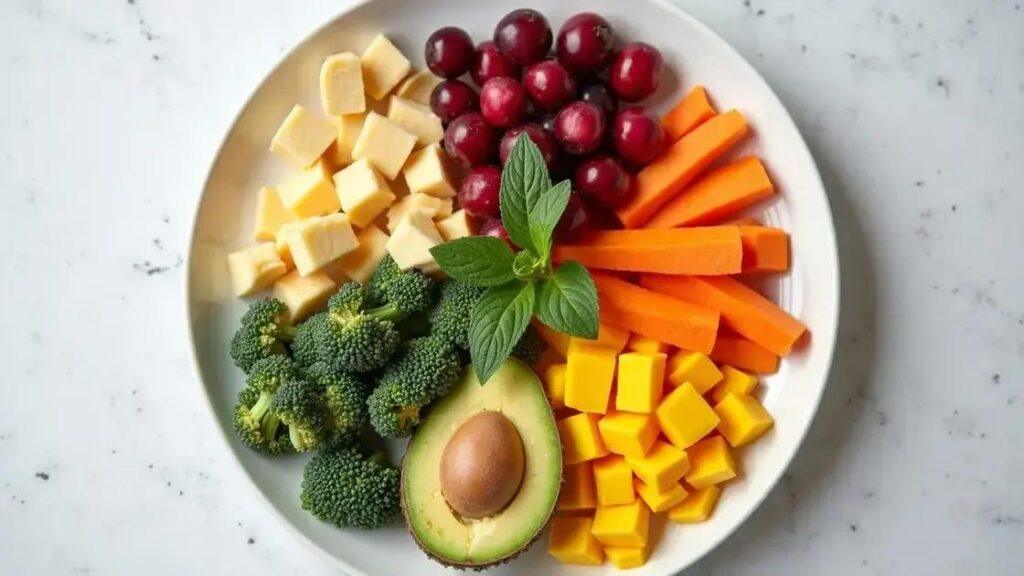To prevent eye dryness with proper nutrition, include hydrating foods rich in omega-3 fatty acids, vitamins A, C, and E, and stay adequately hydrated by drinking at least 8 cups of water daily. Foods like fatty fish, leafy greens, nuts, and fruits are beneficial for maintaining eye moisture and overall eye health.
Did you know that what you eat can significantly impact your eye health? How to prevent eye dryness with proper nutrition is a crucial topic, especially for those who suffer from discomfort. Proper nutrition plays a vital role in maintaining eye moisture and protecting against dryness. In this article, we will delve into the key nutrients that benefit eye health, the importance of hydration, and recommend specific foods that can help you maintain optimal eye moisture.
Understanding Eye Dryness
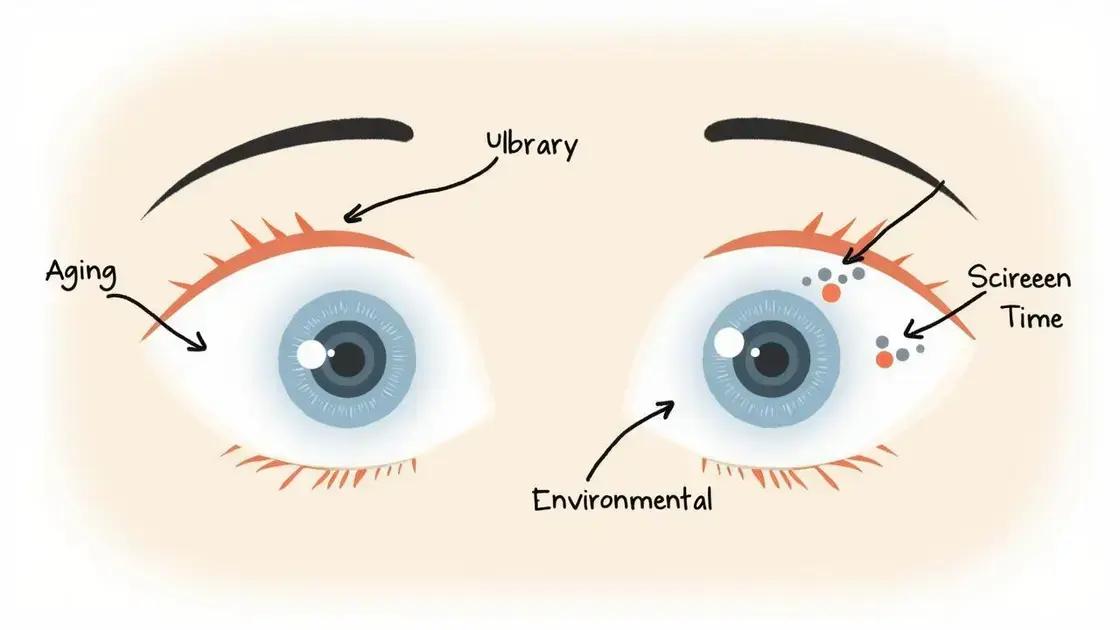
Understanding Eye Dryness is essential for anyone experiencing discomfort or irritation. Eye dryness occurs when your eyes do not produce enough tears or when the tears evaporate too quickly. This condition can lead to a range of symptoms, including a gritty sensation, redness, or a burning feeling.
There are various factors that contribute to eye dryness, such as environmental conditions, like dry air or wind. Prolonged screen time can also cause eye strain, which may worsen symptoms. Additionally, aging and certain medical conditions can impact tear production.
Common Causes of Eye Dryness
Some of the most common causes of eye dryness include:
- Aging: As we age, the body produces fewer tears, leading to dryness.
- Medical Conditions: Conditions such as Sjögren’s syndrome or rheumatoid arthritis can affect tear production.
- Medications: Certain medications, like antihistamines and antidepressants, may reduce tear secretion.
- Screen Time: High amounts of screen time can decrease the frequency of blinking, leading to dry eyes.
Impact on Daily Life
Living with dry eyes can be challenging. Symptoms may interfere with daily activities, such as reading, driving, or using a computer. Understanding the root causes of eye dryness can help in finding effective solutions to manage and prevent discomfort.
The Role of Omega-3 Fatty Acids
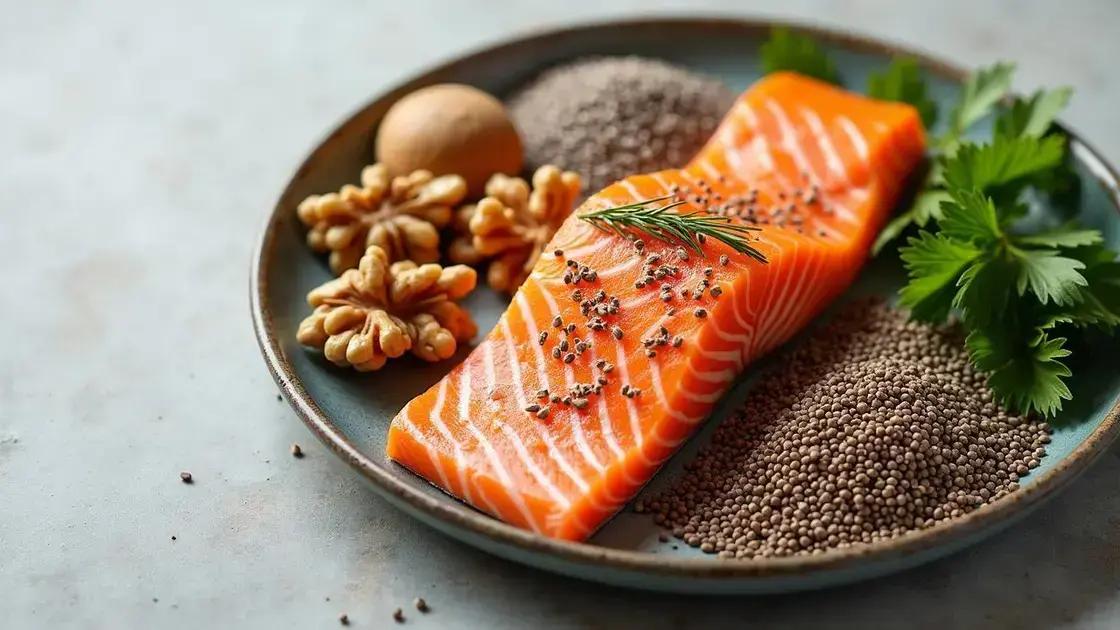
The Role of Omega-3 Fatty Acids in preventing eye dryness is significant. Omega-3 fatty acids are essential fats that our bodies do not produce on their own. They must be obtained through our diet. These healthy fats are crucial for maintaining the health of various bodily systems, including our eyes.
Research shows that omega-3 fatty acids can reduce inflammation and help improve tear production. This is vital for keeping the eyes lubricated and reducing the risk of dryness. They also play a role in the structure of cell membranes in the eyes, promoting overall eye health.
Sources of Omega-3 Fatty Acids
There are several food sources rich in omega-3 fatty acids:
- Fatty Fish: Fish like salmon, mackerel, and sardines are excellent sources of omega-3s.
- Flaxseeds: Flaxseeds are a great plant-based source. They can be added to smoothies, cereals, or baked goods.
- Walnuts: A handful of walnuts can provide a good amount of omega-3s and are easy to snack on.
- Chia Seeds: Chia seeds can be sprinkled on yogurt or salads for an extra boost of nutrients.
Recommended Intake
To support eye health, it is recommended to include omega-3 fatty acids in your daily diet. Aim for at least two servings of fatty fish per week or consider incorporating plant-based sources like flaxseeds and walnuts. Supplements are also available for those who may not get enough from food sources.
Benefits of Hydration
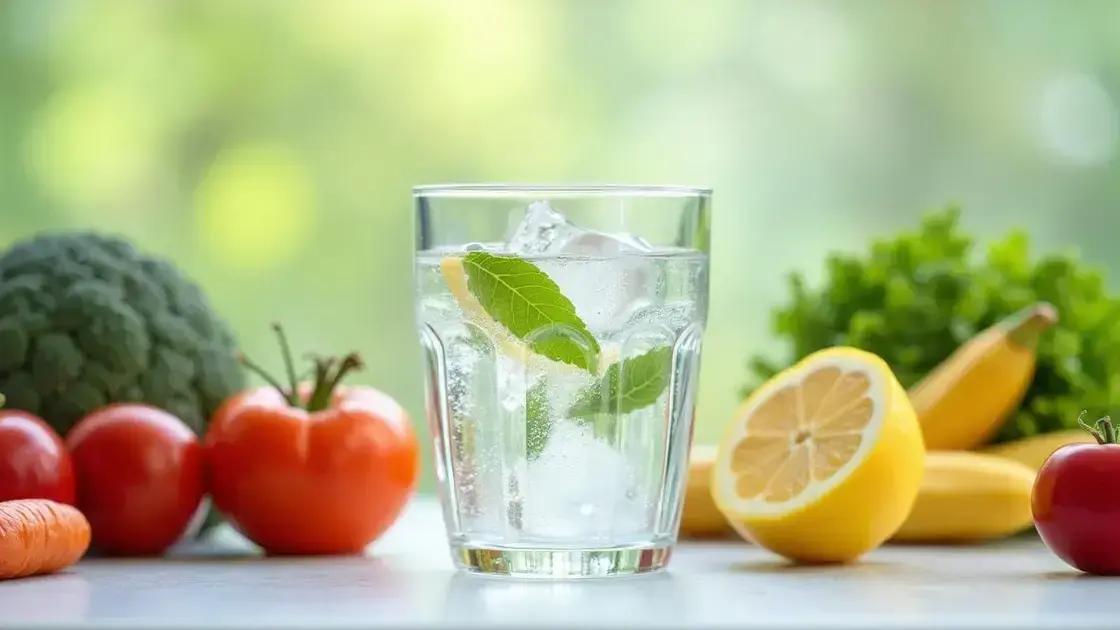
Benefits of Hydration play a crucial role in maintaining eye health and preventing dryness. Staying well-hydrated is essential for overall body functions, including the production of tears, which are vital for eye lubrication.
When the body is dehydrated, it can directly affect the quality of tears. This may lead to irritation, redness, and discomfort in the eyes. Drinking enough water helps keep the eyes moist and functioning properly.
How Hydration Affects Eye Health
Here are some ways hydration benefits eye health:
- Improves Tear Production: Proper hydration supports your tear glands, helping them produce enough tears to keep your eyes moist.
- Reduces Eye Strain: Staying hydrated can lessen the feeling of eye strain during prolonged activities like reading or using screens.
- Prevents Inflammation: Good hydration helps maintain the overall health of the eye’s surface, reducing inflammation and discomfort.
Recommended Water Intake
The amount of water each person needs can vary. Generally, it is advised to drink at least 8 cups (64 ounces) of water daily. However, this can increase based on activity levels, climate, and personal health needs. Always carry a water bottle and sip throughout the day to stay hydrated.
Foods to Include in Your Diet
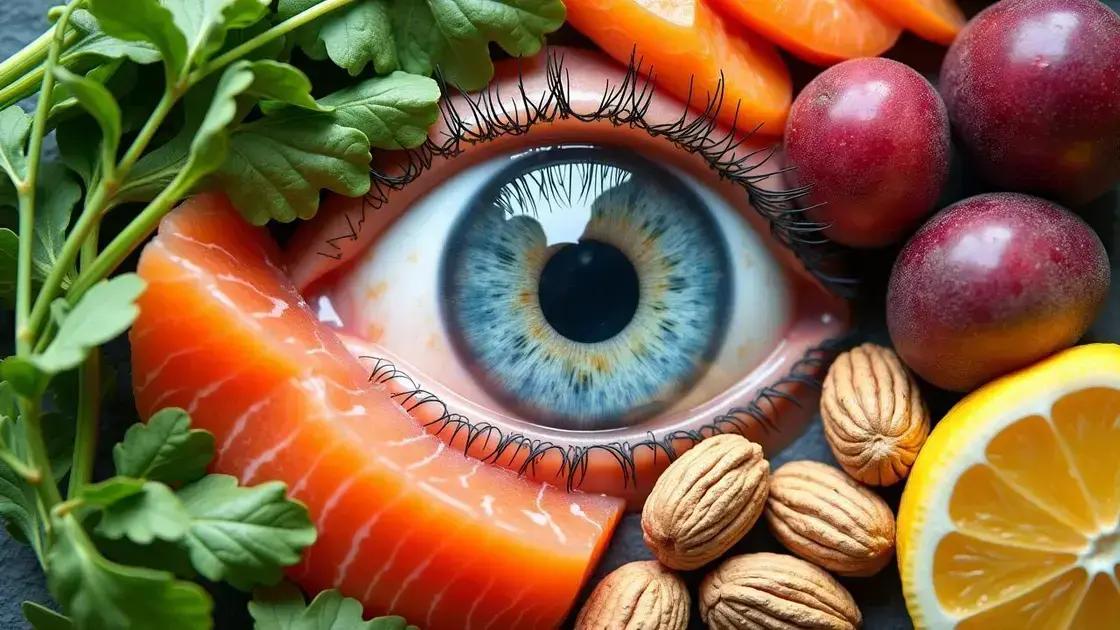
Including specific foods in your diet can greatly help in preventing eye dryness and promoting overall eye health. A balanced diet rich in nutrients can support tear production and maintain moisture in the eyes.
Here are some foods to include:
1. Fatty Fish
Fatty fish like salmon, mackerel, and sardines are rich in omega-3 fatty acids. These healthy fats help reduce inflammation and improve tear quality.
2. Leafy Greens
Leafy greens such as spinach, kale, and collard greens are packed with vitamins A, C, and E. These vitamins are vital for maintaining healthy eyes and preventing dryness.
3. Nuts and Seeds
Nuts like almonds and walnuts, as well as seeds like flaxseeds and chia seeds, are great sources of omega-3s and antioxidants. Including them in your snacks can boost eye health.
4. Fruits
Fruits such as oranges and berries are rich in vitamin C, which helps keep the eyes healthy. They also contribute to hydration levels.
5. Whole Grains
Whole grains like brown rice, quinoa, and oats can provide essential nutrients and help sustain energy levels, which is important for overall eye health.
6. Carrots
Carrots are famous for their beta-carotene content, a type of vitamin A. This nutrient is essential for good vision and maintaining the eye’s protective surfaces.
Final Thoughts on Preventing Eye Dryness with Nutrition
In conclusion, taking steps to prevent eye dryness through proper nutrition is essential for maintaining healthy eyes. By understanding the causes of dryness and including key nutrients in your diet, you can support your eye health effectively.
Incorporating foods rich in omega-3 fatty acids, staying well-hydrated, and consuming a variety of fruits, vegetables, and whole grains can make a significant difference. These dietary choices not only contribute to eye lubrication but also enhance overall health.
Regularly focusing on what you eat can lead to better eye comfort and improved vision quality. Make conscious food choices that promote eye well-being, and enjoy the long-term benefits of a healthy lifestyle.
FAQ – Frequently Asked Questions about Preventing Eye Dryness with Proper Nutrition
How does diet affect eye dryness?
A balanced diet rich in specific nutrients can help improve tear production and maintain moisture in the eyes, reducing dryness.
What foods should I eat to prevent eye dryness?
Include foods high in omega-3 fatty acids, leafy greens, nuts, seeds, fruits, whole grains, and carrots in your diet for better eye health.
Why are omega-3 fatty acids important for eye health?
Omega-3 fatty acids reduce inflammation and improve tear quality, which is crucial for keeping the eyes moist and comfortable.
How much water should I drink to stay properly hydrated?
It’s generally recommended to drink at least 8 cups (64 ounces) of water daily, but this amount may vary depending on activity level and individual needs.
Can certain activities cause eye dryness?
Yes, prolonged screen time and exposure to dry or windy environments can reduce blink rates and increase the risk of eye dryness.
What other lifestyle changes can help with eye dryness?
In addition to proper nutrition and hydration, taking regular breaks from screens, using humidifiers, and wearing sunglasses outdoors can help protect your eyes.

